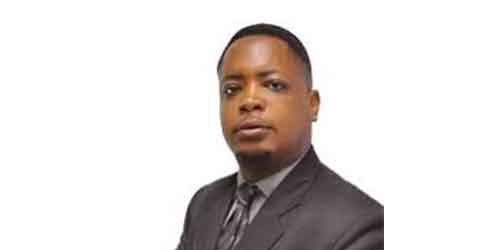The Genetic Legacies of Slavery and Poverty Project initiated by the Saba Archaeological Center
Foundation SABARC will call for local descendants to voluntarily provide DNA, preferably blood, to explore links between slavery, poverty, race, class, gender, diet and genetic predispositions to hypertension and type two diabetes amongst Saba’s residents from the colonial period to the present.

SABARC President Vito Charles expounded on this during Wednesday night’s presentation of the project. This session was a continuation of the week-long recognition of Black History Month. He said this project stems from the desire expressed by some in the local black population to learn more about their origins. “If your family is from Saba and you are black you can basically only start to trace the beginning of your family’s time on this island from July 1, 1863, whereas if you are from white ancestry, you can go further back. Therefore, we felt it was important to create an awareness of where people come from”
Charles also noted that this study will contribute to the Caribbean Community CARICOM’s Ten Point Plan for Reparatory Justice, particularly concerning ancestry rights and healthcare. The Ten Point Plan for Reparatory Justice recognises that the African-descended population in the Caribbean has the highest incidence in the world of chronic diseases such as hypertension and type two diabetes.
“It will assist in the early detection of diseases and long-term medical advancements benefiting both local and international research,” said Charles.
Expert in forensic genetics Dr. Arwin Ralf has been recruited for this project. He is widely known for his work regarding human Y chromosome research and for his efforts to help descendants of enslaved Africans reconnect with their African routes through genetic research, which is still ongoing. He noted that Saba’s small size is an advantage for collecting and analysing DNA.
Charles explained that the Dutch government has made a commitment to the tune of US $5.5 million for the genetic legacy project and the creation of a museum and knowledge space. CARICOM’s Ten Point Plan is calling on Europe to participate in the alleviation of the health crisis and to take responsibility for the human legacy of slavery and colonisation.
The Daily Herald.
 Saba News News and Information from Saba Island, Dutch Caribbean
Saba News News and Information from Saba Island, Dutch Caribbean
